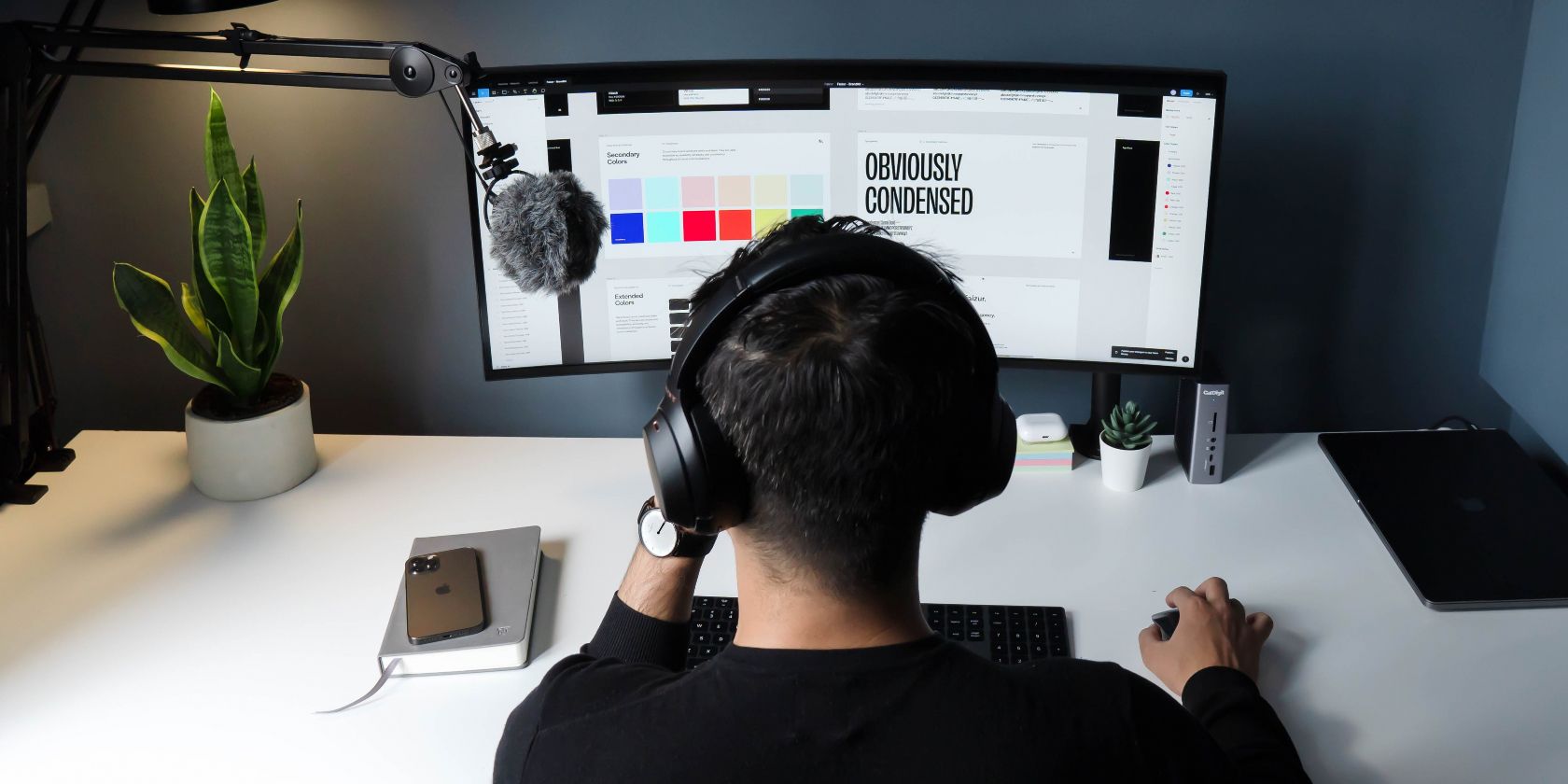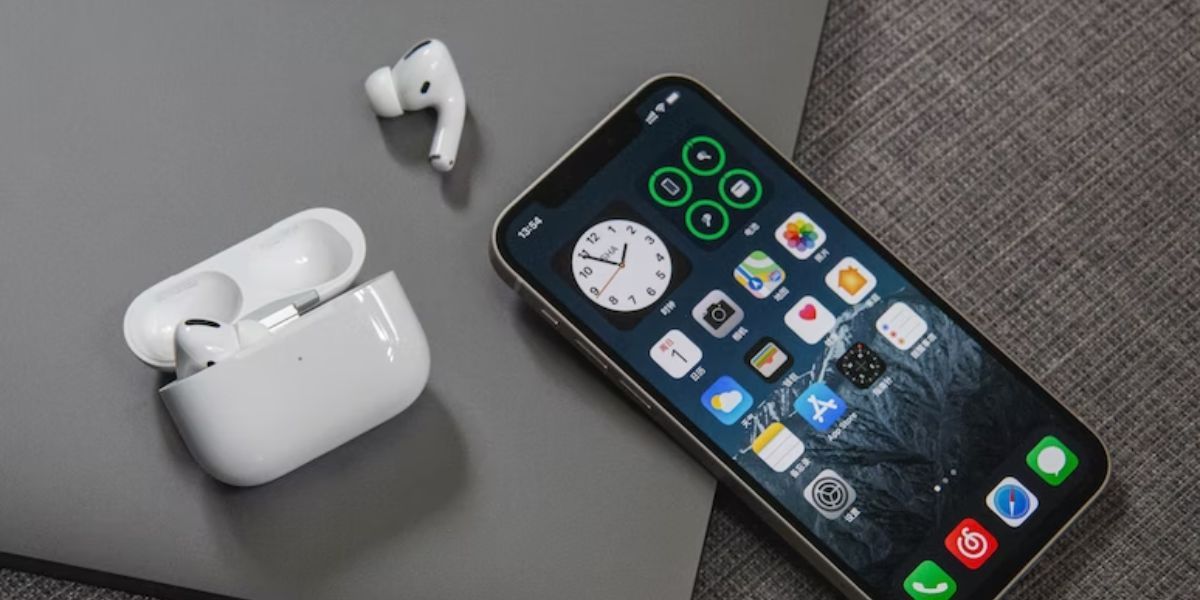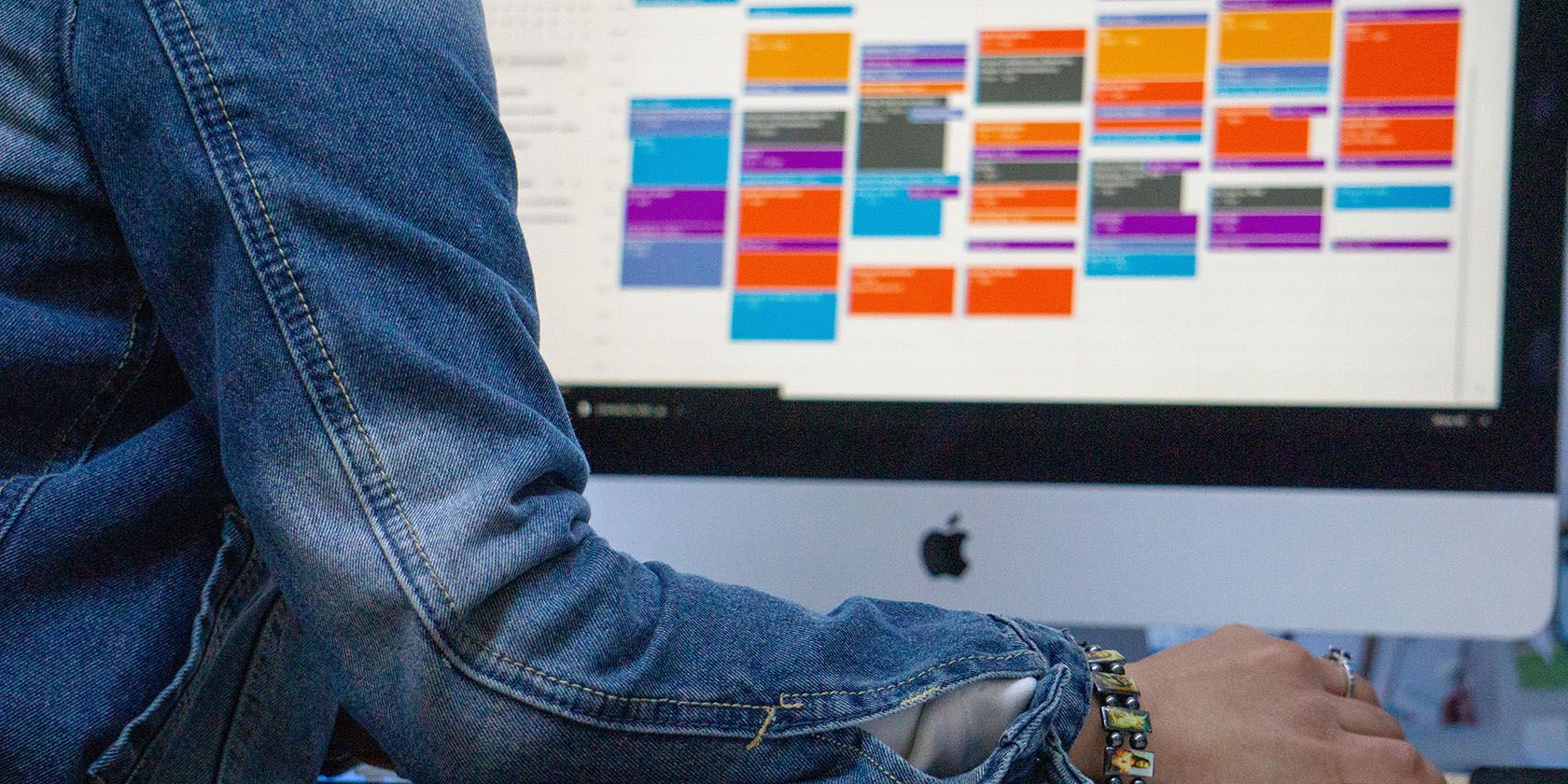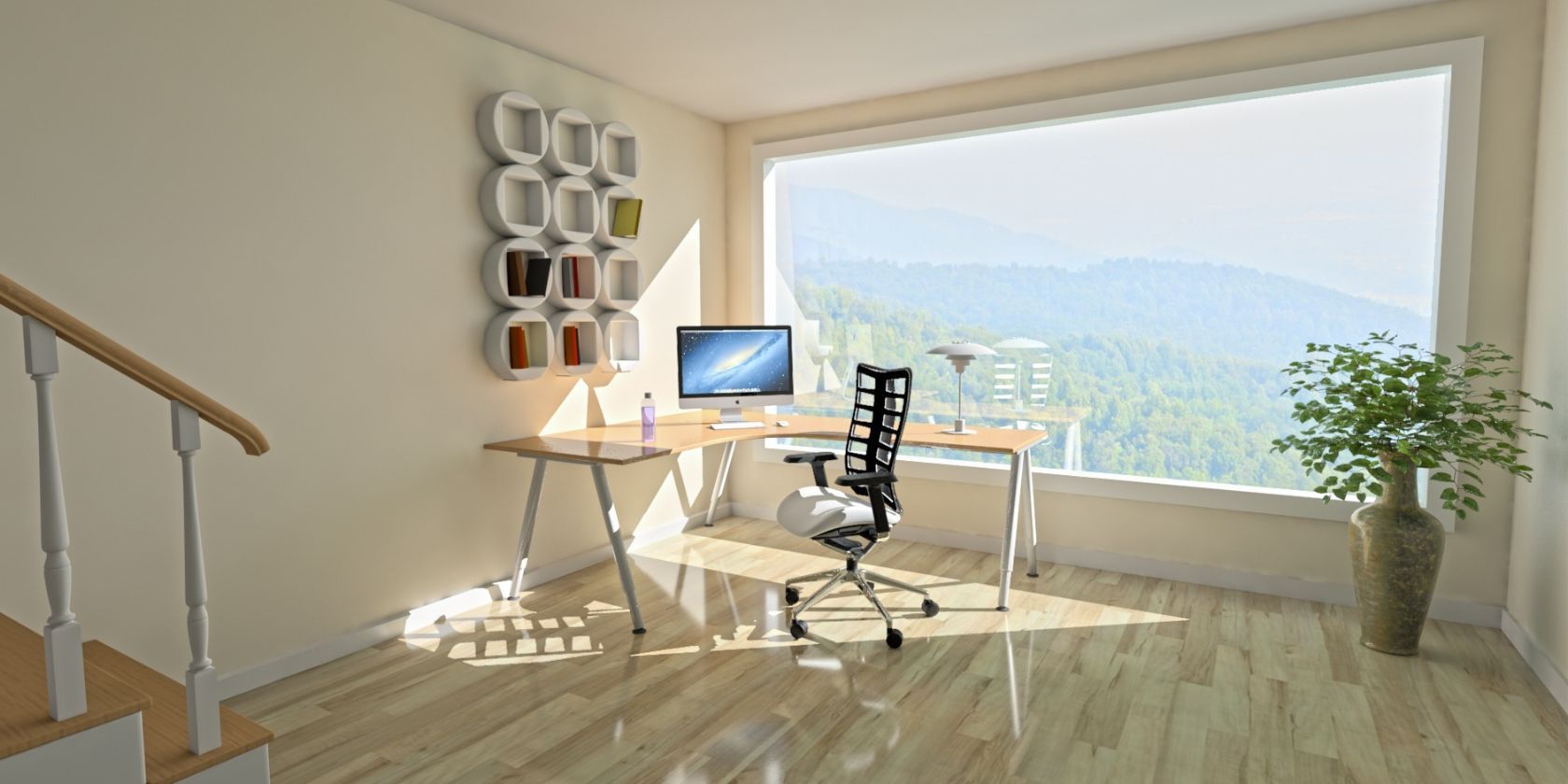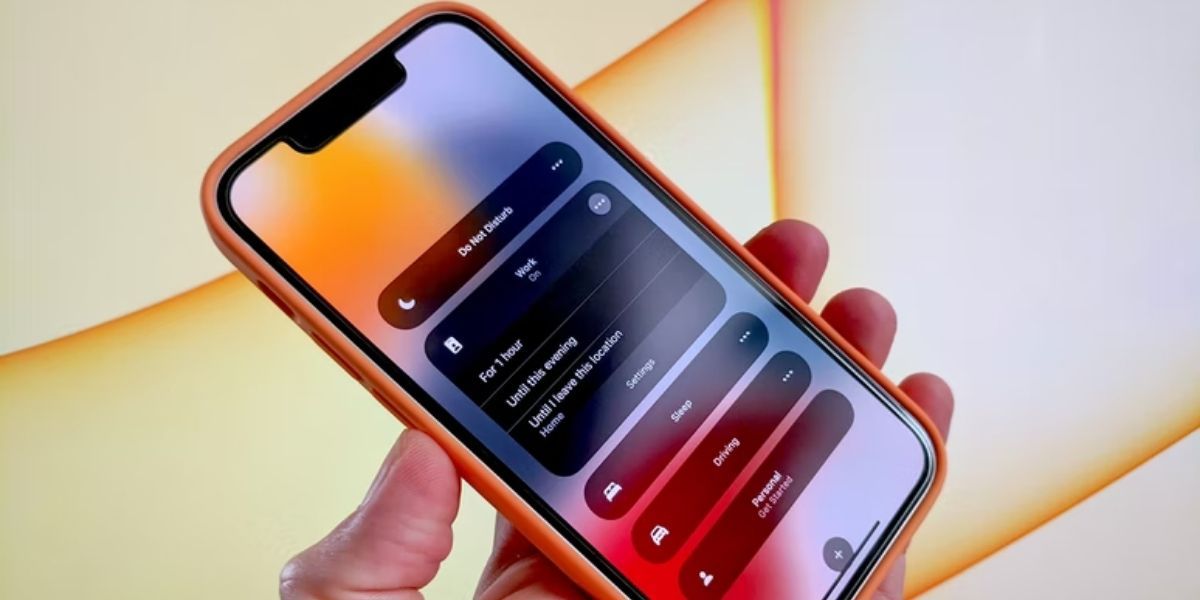Deep Work is a superb concept to follow if you want to be more productive in your job, studies, or business. These periods of intense focus can help you complete more than you otherwise would in shorter periods, and you could also free up more space for other things in your schedule.
However, you’ll likely encounter several challenges when you first add Deep Work to your routine. You might have to de-program years’ worth of habits, such as excessive smartphone use. Moreover, you may not know how to maximize your time working. Fear not if you’re confused about where to start. In this guide, you’ll discover six top tips for getting Deep Work done.
1. Don’t Keep Your Phone Next to You When You Work
Not having your phone on your desk is the easiest way you can get more out of your Deep Work sessions. You’ve probably experienced mindless scrolling on the likes of TikTok and Instagram at some point, and you might even notice warning signs of a toxic social media addiction.
If you constantly let notifications and apps distract you, you’re probably not going to get much meaningful work done during your sessions. Ideally, you’ll keep your phone in a different room—and you should consider putting it in a hard-to-reach place to add another layer of friction.
On occasions when you must have your smartphone close to you, switch on Silent Mode and consider turning Airplane Mode on as well. If you want to learn more about what Airplane Mode is, we’ve written a full guide to help you.
2. Plan Your Deep Work Times in Advance
One of the easiest ways to become more productive is by scheduling your Deep Work times in advance. It’s unrealistic to expect a full eight-hour day of uninterrupted work, and most people’s brains aren’t capable of working on demanding tasks for that long.
Moreover, you’ll probably find that you need to break your Deep Work sessions into smaller chunks as a beginner. Start by aiming for 30 minutes of Deep Work per day, before building on that. As you become more advanced, around 3-4 hours should be your upper limit.
Ideally, you’ll have your sessions at the same time each day; that way, your brain will know what to expect. Google Calendar is fine for planning your Deep Work schedule. If you want to get more out of the app, you can discover a selection of Google Calendar tips to boost your productivity.
3. Know Exactly What You’re Going to Work On
Scheduling your Deep Work sessions in advance is a good starting point, but it means very little if you don’t know what you’re supposed to do. Having to determine which tasks require your attention as you sit down is a bad idea for two reasons:
- You’ll lose valuable time that you could have spent working on your project.
- You’ll needlessly use some of your brain capacity for the day, meaning that the quality of your Deep Work might be lower.
Before each Deep Work session, know precisely what you need to do. You might also want to leave a link to the task location in your daily planner. While you can choose your most important tasks the night before, planning your entire week is also a good option for staying on track.
Planning your tasks for the week in Brite is one option, but you can also leave a note of them in your preferred calendar app.
4. Close All Other Apps and Tabs on Your Computer
Another easy way to get more out of your Deep Work sessions is by only focusing on one task at a time. Multitasking is one of several distractions that can make you less productive, and many people often get less done than they would have if they focused on one task.
It’s easy to think that the world will descend into chaos if you close your instant messaging apps or email tabs on your browser. But most of the time, anything you receive can wait. If it’s important for others to know why you’re not responding straight away, you can set your status to Away.
Unless they’re relevant to your current task, you also don’t need any apps or tabs open on your computer. You can try different website blockers if you want to remove distractions fully.
5. Designate a Specific Place Where You Can Get Deep Work Done
Humans are creatures of habit, and picking the same place to work is a powerful cue that now is the time for your brain to focus. Where you choose doesn’t matter so much, as long as it’s a place you can work without distractions. More often than not, you should avoid your bed or sofa.
If you have a corner of your bedroom with a desk, you can transform this into a home office space for Deep Work. Alternatively, you can visit a library or your favorite coffee shop. You might also want to choose more than one location for your Deep Work sessions. Doing so will help ensure that you don’t get bored, while simultaneously allowing you to stay on track.
6. Use Technology to Your Advantage
Several tools can help you incorporate Deep Work into your daily routine, and it’s worth using technology to your advantage. Focus Modes are an excellent place to begin; you can use them on your smartphone and computer to ensure that only the things you need are available while working.
If you struggle to stay on top of your tasks, you can create simple to-do lists with apps like Todoist. And if you need more of an advanced workspace to organize your projects, Notion is an ideal starting point. When choosing technology for your Deep Work sessions, it’s best to adopt a minimalist approach. Doing so will ensure that your attention isn’t divided into too many places.
Improve Your Depth of Work With These Tips
Including Deep Work in your schedule is a fantastic idea, regardless of whether you’re in the workforce or still studying. You can find that you make more tangible progress on big projects, which can help you get the grades you want or secure a promotion.
While Deep Work requires some initial planning, you’ll likely find it rewarding if you stick with things for the long run. It’s also worth starting small and slowly building up how long you spend in each session over time.

